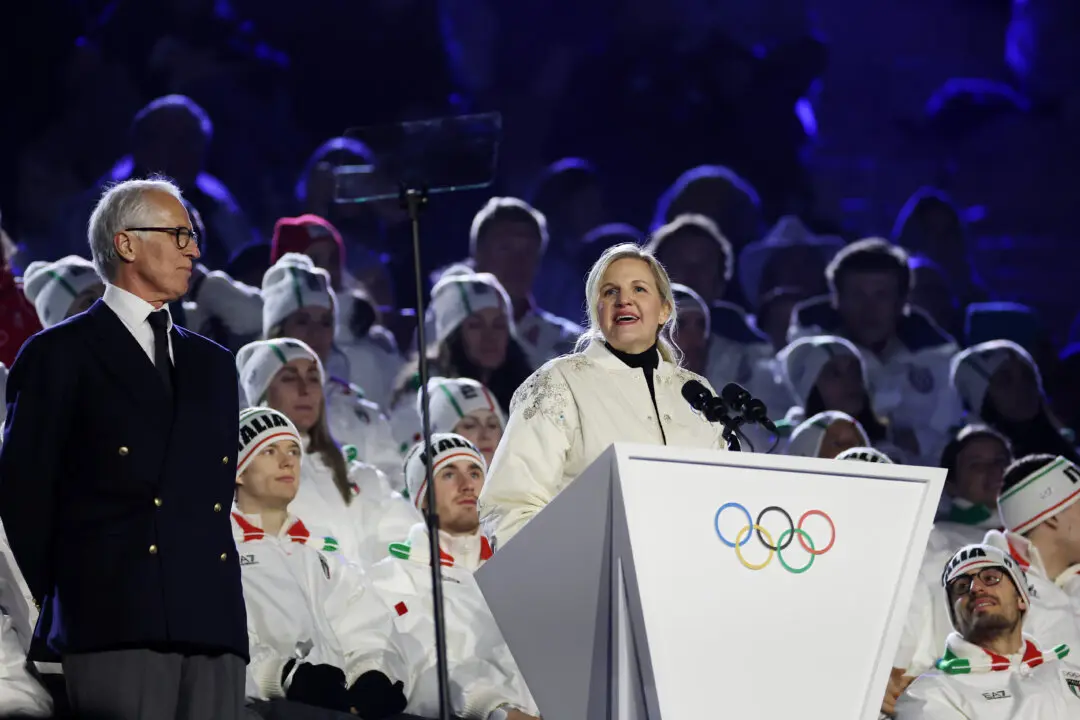NEW YORK—Spike Lee says he hasn’t had time yet to plan what he'll say when he gets his honorary Oscar next month—he’s busy trying to finish up his new movie, “Chiraq,” for a year-end release. But he promises he’s “gonna try to keep positive.”
Still, that hardly means that Lee—at times a quite vocal critic of the Academy of Motion Picture Arts and Sciences—thinks that all is perfect in Hollywood in terms of diversity.
“This is my belief,” the filmmaker said in a recent interview. “Until people of color get into those positions that I call the gatekeepers, that’s where true fundamental progress will be made. Because right now ... we are not in the room where those decisions are being made, what gets made and what doesn’t. I mean I’m still waiting for somebody to tell me, is there a person of color at a Hollywood studio, at a cable television network who has a green light vote? I don’t know one, and I want somebody to prove me ill-informed.”
At 58, Lee is one of the youngest figures to receive an honorary Oscar, which is tantamount to a lifetime achievement award (it'll be presented at the Governors Awards on Nov. 14.) For his many fans, an Oscar of any kind is well overdue, coming a full quarter-century after his much-lauded “Do the Right Thing,” which figures on many best-film lists, earned him only a screenplay nomination in 1990 (plus a supporting actor nod for Danny Aiello.) Lee hasn’t been shy in his criticism of the academy over the years, but says its president, Cheryl Boone Isaacs, is moving things in the right direction.
“She’s the one that’s really trying to move the Academy of Motion Picture Arts and Sciences into the 21st century as far as diversity goes,” Lee said. “I will ever be in her debt.”
But as far as overall progress in the film industry, it’s a frustrating cycle, Lee says. Hollywood’s lack of diversity was at the forefront during awards season, when the #OscarSoWhite hashtag went viral.
“There’s always progress but you take two steps forward and two steps back,” he said. “Every 10 years, there’s like a bunch of black films (that) get acknowledged and everybody starts writing articles about the rebirth of black cinema, and everyone’s doing cartwheels and handstands, and then it’s a nine-year drought. And then another 10 years come and they write the same article.





